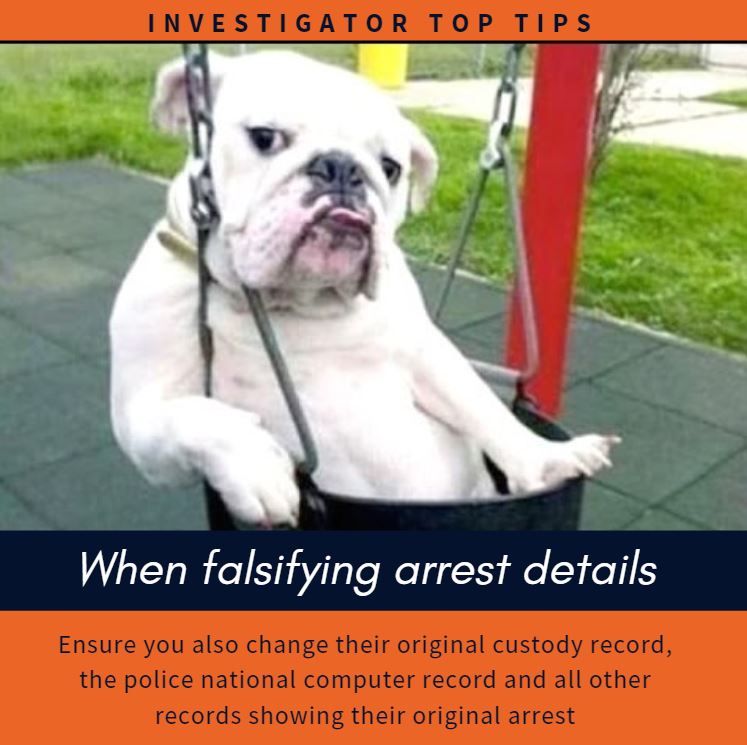Answer: That is a pity, because they cannot afford to give you journalism unless you subscribe, and will go out of business, at which point you won't be able to read them.
Answer 2) It can work! Just not at the price you are imagining, which is, I am betting, somewhere around the $20 mark.
And I write opinion! Reported stuff is even more time consuming. For one 2500 word column a month at the Atlantic, I spent 25-50% of my month reporting.
And the thing is, writers like to pay their mortgage *every* month. Editors like to eat *every* day. They don't want to get paid by the click. And you don't really want them to get paid by the click
But that's not even the biggest problem.
(See how I hooked you to read the next tweet there? Clickbait. :)
spinditty.com/industry/why-s…
I say this with love. I'm guilty too.
Making predictions is folly, but here's a prediction: there won't be a fourth wave.
Something similar can be seen in the new media model.
A lot of young journalists today do that to feed the click beast.
It's not crazy to do, if it's a buy into a tournament where you end up with a stable traditional media job.
This is not quite clear to a lot of people in the tournament yet. But the more old publications fold/downsize, the clearer it gets.
Eventually, that subsidy will go away. So will VC subsidy. And we'll see how many new media firms are left standing
Answer: Dead right, I don't. To be clear, I am not arguing that you have a *moral obligation* to subscribe in order to fund news
washingtonpost.com/blogs/post-par…
Now I'm late to a dinner, so ...
-- 30 --














